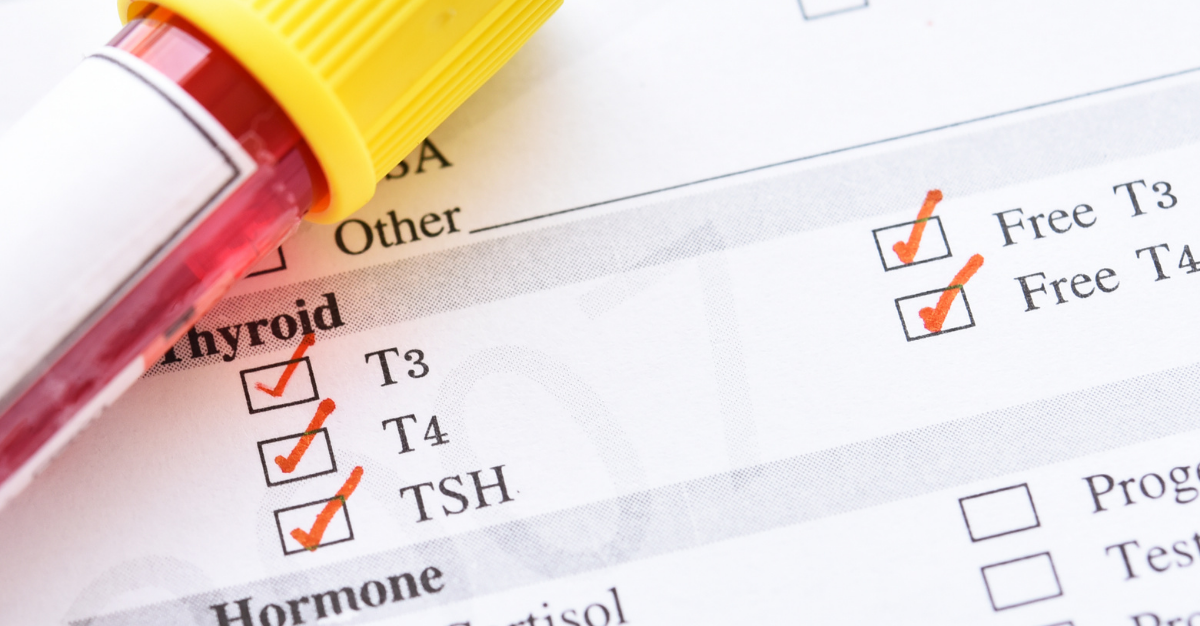Podcast: Play in new window | Download (Duration: 30:55 — 42.5MB)
Subscribe: Apple Podcasts | Email | TuneIn | RSS | More
Welcome to another episode of Green Wisdom Health. Today, we dive deep into a pervasive issue affecting many of us today—fatigue and lack of energy. We explore the underlying causes of this modern malaise, discuss holistic approaches to regain vitality and enthusiasm for life, and tell you why being fat is good!
“Being FAT, faithful, available, and teachable are key to improving your health and energy levels.”
– Dr. Stephen Lewis
Today on Green Wisdom Health:
- How sedentary lifestyles and chronic pain are significant contributors to fatigue, which can be managed by increasing physical activity gradually and addressing pain through natural anti-inflammatory remedies and dietary changes.
- The importance of detoxification in combating fatigue. Regularly detoxifying your body helps alleviate chemical sensitivity and clear metabolic waste that may impair energy production.
- Taking nutrient-rich supplements and incorporating anti-inflammatory nutrients, essential fatty acids, and minerals is critical in managing inflammation and supporting overall cellular function.
- The impact of air pollution and recognizing environmental factors like air pollution that contribute to respiratory and cardiovascular diseases, can exacerbate feelings of fatigue.
- There is a significant connection between gut health and motivation. Robust gut health, facilitated by a diet rich in fibers like arabinogalactan and regular use of probiotics, can significantly impact energy levels and motivation.
- The importance of sleep quality and establishing a consistent sleep routine, aiming for 7-9 hours of quality sleep, supports energy restoration and mental health.
- How the connection between anemia and iron levels and regularly checking Ferritin levels can prevent anemia-associated fatigue by ensuring adequate iron and oxygen delivery to cells.
- How managing stress and adrenal fatigue by adopting stress-reduction techniques and using adaptogenic herbs can mitigate the impact of elevated cortisol levels on sleep and energy.
Resources Mentioned:
IG Arabino Support Vanilla (30 Servings)
Dairy-Free Immunoglobulins and Arabinogalactan* Provides Immunoglobulins and Immunoregulating Factors That Promote Intestinal and Systemic Health* Supports Passive Immunity in the Intestine* Promotes Balanced Cytokine Production* Supports Muscle Performance and Recovery*
Pantothenic B Complex (60 Capsules) – Only 1 Capsule Per Day
The dosage for this product is 1 capsule per day. Do not take this product if you are taking B-12 Methyl Supreme. Pantothenic B Complex is formulated with eight essential B vitamins, choline, inositol, and folate, to support energy production and immune, cardiovascular, and neurological health.
B-12 Methyl Supreme (60 Capsules)
B-12 Methyl Supreme is a comprehensive formula that includes targeted amounts of five key nutrients designed to support methylation and homocysteine balance in the body.
The Comprehensive Lab Panel contains 12 tests with accompanying biomarkers. This panel includes Dr. Lewis’ consultation, functional medicine report, and supplement recommendations. Lab costs and fees cannot be refunded Labs are unavailable in NY, NJ, and RI. No discounts or points towards this lab panel. We do not accept insurance as this allows us to keep your test prices more affordable.
Visit Green Wisdom Health for more personalized advice and to explore our AM/PM pill packs. We also recommend detoxification and gut health products to help propel you towards better health.
Are you ready to take control of your health and start feeling your best?
Green Wisdom Health is excited to offer an exclusive 10% off on our Male Health Extensive Profile Lab Panel and the Women’s Extensive Hormones Weight Loss Lab Panel.
Our comprehensive lab panels are designed to give you deep insights into your health, helping you understand what your body needs to thrive. Whether you’re looking to boost your energy, improve your hormonal balance, or kickstart your weight loss journey, our tests provide the clarity you need to make informed decisions about your health.
Visit GreenWisdomHealth.com and use the code BALANCE to claim your discount.
Don’t wait to feel great—take the first step towards a healthier you with
Green Wisdom Health today.
For more information and personalized nutrient plans tailored to your health needs, please get in touch with our Green Wisdom Health team at (903) 663-1008
You can also explore our integrative nutrition programs and resources on our WEBSITE Remember to check out the products we’ve discussed today, available at our WEB STORE.



